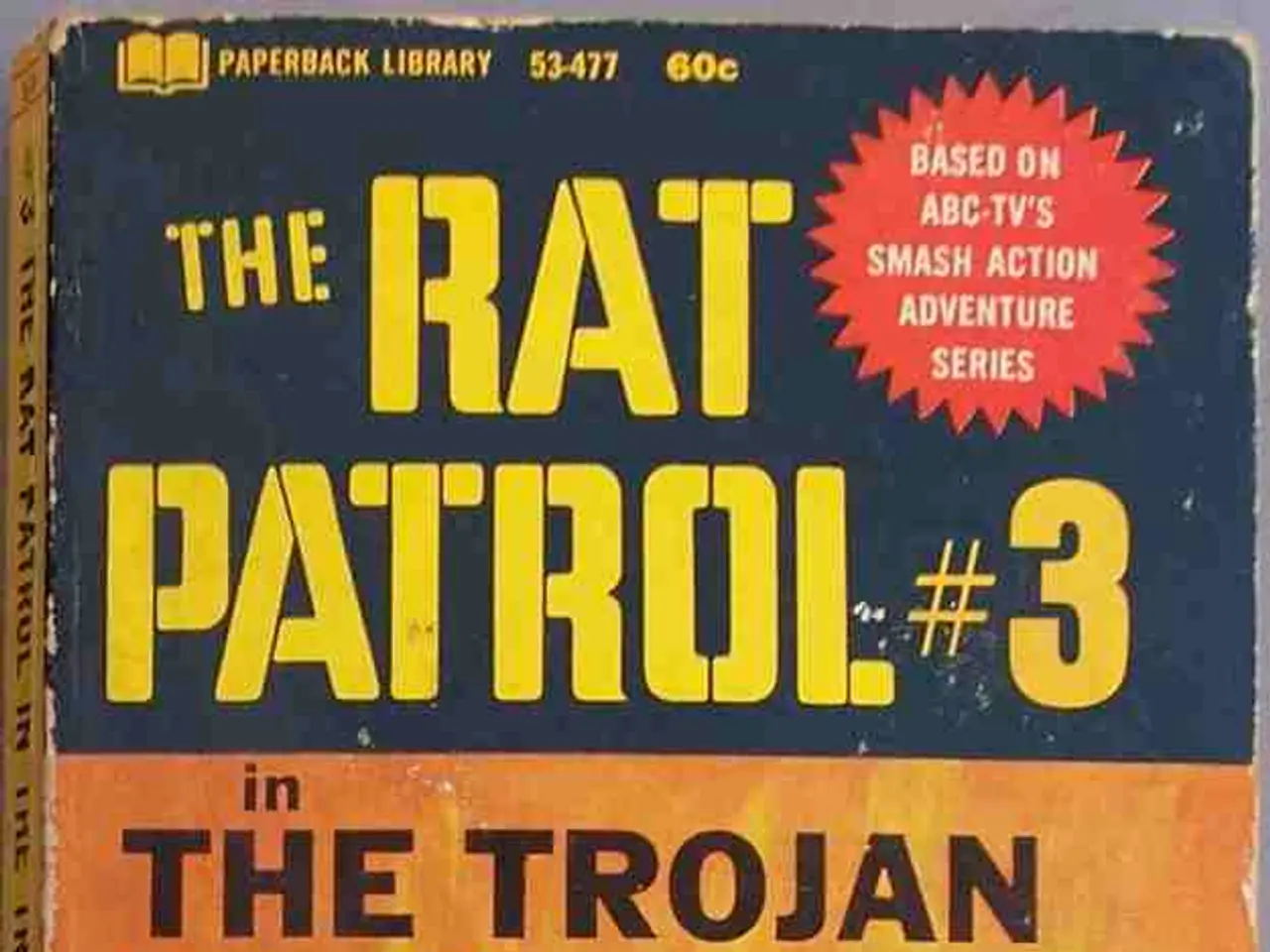Military Preparedness Under Trump: Execution of Operations Against Drug Cartels Imminent
In a move that marks his most aggressive attempt to dismantle drug trafficking organizations, President Donald Trump secretly signed a directive ordering the United States military to use force against Latin American drug cartels. The directive empowers the Department of Defense to conduct precision targeting and special forces operations against these groups, which have been linked to the flow of fentanyl and other illicit drugs into the U.S.
The designation of certain cartels and transnational gangs as foreign terrorist organizations (FTOs) by the State Department includes major groups like MS-13, Tren de Aragua, and others across Latin America and Haiti. The Treasury’s sanctioning of Venezuela’s Cartel de los Soles, labeling it a Specially Designated Global Terrorist entity, targets leader Nicolás Maduro and associates for supporting terrorist groups threatening U.S. security.
The U.S. government is coordinating with Mexican officials on intelligence sharing and enforcement strategies, though Mexican President Claudia Sheinbaum strongly opposed any U.S. military presence on Mexican soil, rejecting the idea of U.S. invasion. Tier One units, including Delta Force, SEAL Team 6, RRC, ISA, and the 24th STS, are likely to be involved in the operations against the drug cartels.
The actions taken by President Trump are aimed at stopping the cartels from hurting Americans. If helicopters full of Tier One operators arrive at a target, it is likely to result in the capture or elimination of the intended target. Since the start of the second Trump administration, there have been several major updates, including the movement of heavy weapons to the border, unprecedented spy flights, Reaper drones flying in Mexico, the 7th Special Forces group training the Mexican military, the declaration of cartels as foreign terrorist organizations, and Secretary of Defense Pete Hegseth declaring all options are on the table.
However, the plan has drawn criticism and concerns about violations of international law and Latin American sovereignty, as well as doubts about its potential effectiveness or negative repercussions on U.S.-Latin America relations. Mexican authorities and regional analysts emphasize sovereignty and cooperative law enforcement rather than unilateral military actions by the U.S. The actions against the drug cartels are intended to bring justice to the American people, who have been affected by cartel violence for a long time.
"Sicario" is a film that is said to be very realistic in its portrayal of action against drug cartels, according to multiple Tier One operators. The United States military will now be able to operate on land and sea against the cartels, according to a report from The New York Times. Tier One units are composed of some of the best operators on the planet, designed for clandestine direct strike operations. Domestically, Trump deployed about 4,000 National Guard troops and 700 Marines to California for immigration enforcement, signaling a multifaceted approach to drug and border issues.
- The designation of certain drug cartels as foreign terrorist organizations (FTOs) by the State Department, such as MS-13 and Tren de Aragua, signals the U.S. government's intent to apply politics and military action, including war-and-conflicts tactics, against these groups in the realm of general-news and crime-and-justice.
- The involvement of Tier One units, like Delta Force, SEAL Team 6, RRC, ISA, and the 24th STS, in the operations against drug cartels indicates an escalation in the use of precision targeting and special forces operations, typically associated with war-and-conflicts, as part of the broader strategy to bring justice and stop cartel activities.







